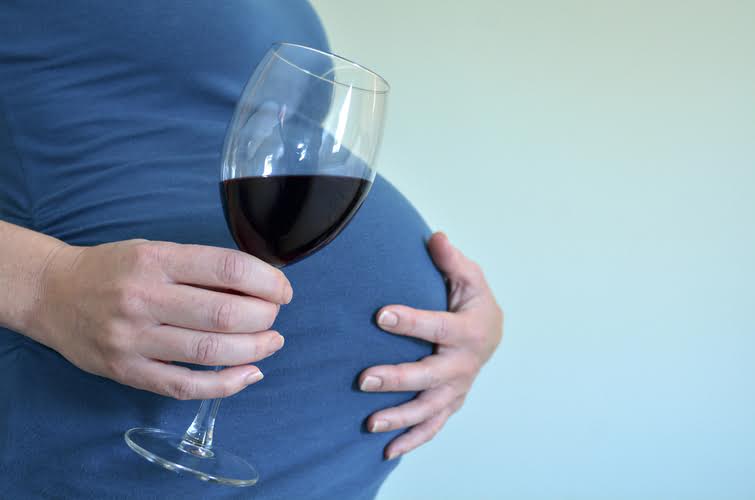Education and awareness around the harm of using substances, along with the support of friends, parents, and caregivers, can help prevent SUDs. Different types of medications may be useful at different stages of treatment to help a patient stop abusing drugs, stay in treatment, and avoid relapse. Integrative Health Centers (IHC) offers physician-directed care for individuals who seek relief from opiate and other addictions, but do not wish to pursue traditional outpatient o… Green Mountain Treatment Center is part of the Granite Recovery Centers family of addiction treatment facilities. Our Effingham, New Hampshire location is easily accessible to the … Yes, Recovery at the Crossroads is located in Blackwood, NJ, and proudly serves surrounding areas including Cherry Hill, Woodbury, Turnersville, Camden, and Washington Township.
Meth Addiction: How Do People Become Addicted to Meth?
It’s hard to leave addiction behind without constructing a desirable future. No matter which pathway of recovery a person chooses, a common process of marijuana addiction change underlies them all. The well-researched science of behavior change establishes that addictive behavior change, like any behavior change, is a process that starts long before there’s any visible shift in activity. The endpoint is voluntary control over use and reintegration into the roles and responsibilities of society.
Seeking Help and Support
It is an active process in which people restore their health holistically and build the resilience necessary for this purpose. It consists of creating a meaningful, balanced life, supporting continued personal growth and long-term recovery. However, researchers who study and assess addiction drug addiction recovery treatments and addiction policymakers do not have a vivid mental image of recovery (4, 5) despite the recent increase in the popularity of this concept (9). There are numerous references to the term recovery in the literature and it is generally defined as an outcome of treating chronic disorders such as addiction (3-5).
Therapeutic Approaches for Recovery

Understanding that recovery isn’t linear helps individuals avoid feelings of failure and stay committed to progress, even when setbacks occur. The experimental aspect of recovery has also been addressed in some of the more recent definitions. Although recovery research varies based on how the term has been defined and measured, there is an argument over the application of the term; recovery, abstinence, and remission are used interchangeably. To explore and gain a boarder understanding of recovery, the attribute, antecedents, and consequences of recovery were identified and are described as below.
And what is generally recognized is that recovery refers to more than simply refraining from taking drugs (6). Relapse prevention strategies play a vital role in sustaining long-term recovery. These strategies aim to identify and address the triggers and risk factors that may lead to a relapse. By recognizing and managing these challenges, individuals can enhance their resilience and reduce the likelihood of returning to addictive behaviors. During individual therapy, the therapist works closely with the individual to identify the root causes of addiction and develop personalized strategies for recovery.

- They ensure ongoing support or flexibility without losing care quality1011.
- Understanding the stages of recovery helps individuals, families, and clinicians recognize where someone is in their journey and offer the right kind of support.
- Stress is a major stimulus for drug craving, according to people with opioid addiction.
The individual’s viewpoint on his/her addiction forms the basis for this model, which reflects the spiritual viewpoint of the Alcoholics Anonymous while covering a major aspect of recovery (19). Schwartz_Barcott and Kim (1993) emphasized the extensive need to review the literature. However, it is important to determine the strengths and weaknesses of this definition to generate a tentative description extracted from the literature. The present study employed a systematized and evidence-based approach to search in the literature. This method includes one or more characteristics of a systematic review, but does not claim to present the same results as a systematic review does.
- According to Laudat’s article reviews on recovery, this concept is often defined by the majority of researchers as recovery from drug addiction.
- And they can help plan healthy joint activities to ensure that there are good days.
- This stage is characterized by a lack of awareness, where the individual may not see the need for change, despite the concerns of others around them.
- Drug addiction recovery can also be aided by residing in a sober living community.
Building a Support System

Sharing experiences with them can grow your commitment to staying sober and healthy. The journey starts with quiet reflection on how substance use affects you and your loved ones. This is the stage where individuals actively engage in treatment and therapy to break the cycle of addiction. Discover face-to-face meetings near you or find treatment centers and doctors who specialize in addiction recovery.
Drugs, Brains, and Behavior: The Science of Addiction
Talk to your doctor about which options might be suitable for your needs. The main goal of aftercare is to apply and reinforce the positive changes that the initial inpatient or outpatient addiction treatment program achieved. Aftercare also ensures the patient has ongoing support during stress or temptation. Aftercare refers to continuing addiction treatment after the initial treatment program ends. Typical aftercare includes support groups, ongoing therapy, sober living arrangements, and medication-assisted treatments for relapse prevention. Centrally located near Independence Boulevard, Gateway Chicago Independence helps patients with substance use disorders.
- Like diabetes or heart disease, it’s a chronic condition that requires major lifestyle changes to keep under control.
- It’s not possible to undo the damage that was done, but it is possible to build new sources of self-respect by acknowledging past harms, repairing relationships, and maintaining the commitment to recovery.
- Thanks to AA and other substance recovery programs, you’ve probably at least heard of the Twelve Steps even if you aren’t quite sure how they work.
- We explain how drugs affect your body, the reasons people turn to them and how to recover from alcoholism and other substance use disorders.
This stage of change is characterized by prolonged periods of abstinence and the inclination to turn to professionals for help before or after relapse. During contemplation, ambivalence is one of the biggest hurdles. Individuals may acknowledge the problem but still fear the unknowns of sobriety — Will they be able to cope without substances?